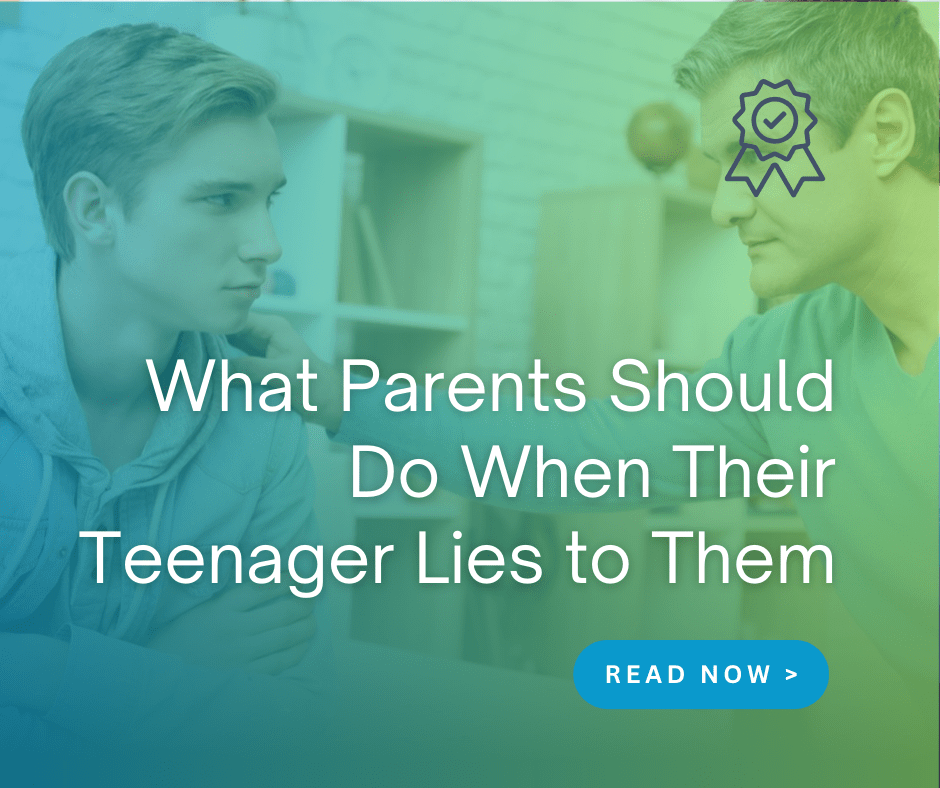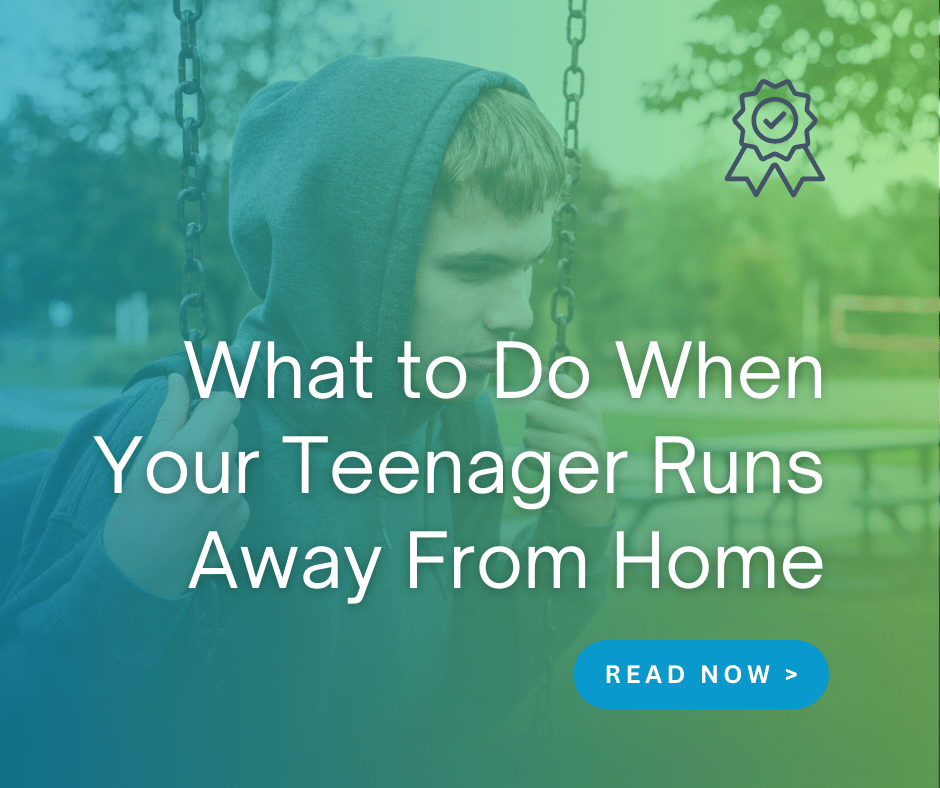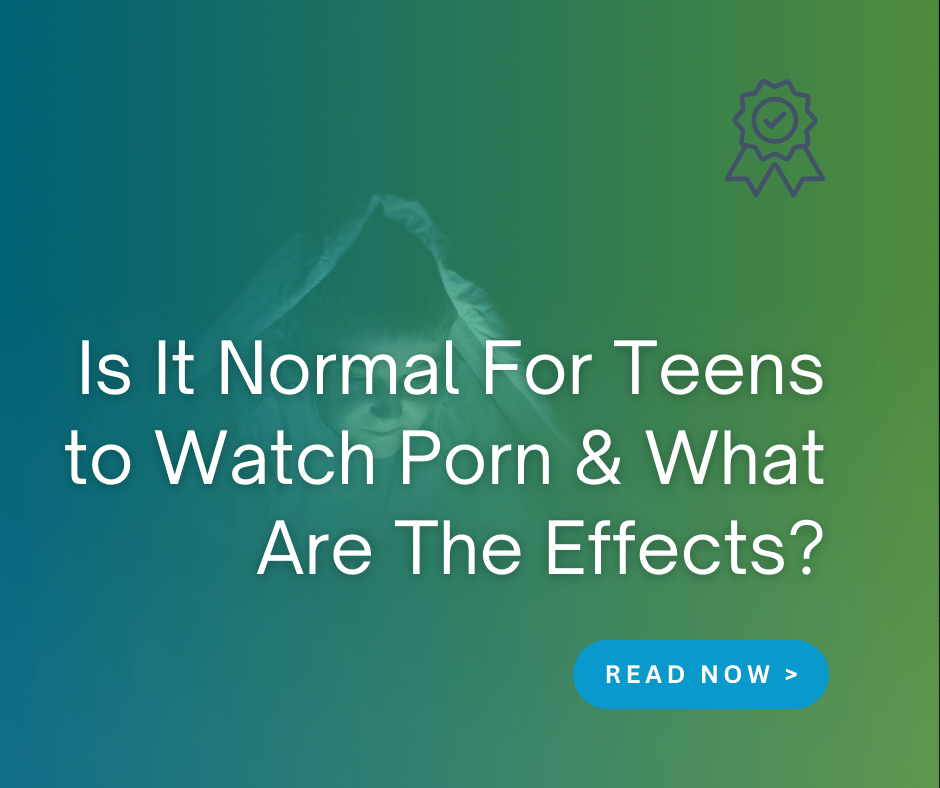It’s every parent’s worst nightmare: their child being abused. Sexually, emotionally, or physically, it doesn’t matter which – they’re all virtually unbearable to conceive. And that’s for us, the adults, thinking about it from the outside. We have life experience, we have perspective, and we have a fully developed prefrontal cortex that enables us to use reason, control our emotions, and process disturbing information and the associated emotions. We’re not navigating a rollercoaster of physical, emotional, and hormonal changes the way our teenage children are. Nor are we figuring out how to fit in with a new social group. We’re not forming our personalities, developing our sexual identities, or exploring romantic relationships for the first time. We’ve been there, and we’ve done all that. If your teen has been abused, it’s an impossibly confusing experience for them to untangle – on top of what’s already a difficult period of life to handle.
It’s not at all surprising most adolescent victims of sexual abuse don’t speak up. In fact, statistics show that sixty-three percent of sexual assaults go unreported.
Increase in Awareness: The #metoo Movement
Every form of abuse has long-term, negative consequences for the victim. The external signs of abuse may fade, but the internal effects persist long after the abuse stops. While all forms of abuse are horrific, this article will focus on a topic that’s front and center in the media this fall: sexual abuse. The #MeToo movement that started last year galvanized the nation. If not into action, at least into awareness. Contentious debates rage across social media, the news media, and among friends at home and work. Between outright denials about the severity of the problem and outrage at every new revelation, victims of sexual abuse can get stuck. They vacillate between wanting to be heard, wanting their abusers held accountable for their actions, and wanting it all to just go away.
For parents who think their teenager is being sexually abused, it’s critical to get past the emotion and look for tangible indicators of abuse. There is no silver lining here. But there are specific behaviors, behavioral changes, and emotional red flags that can help parents decide whether their fears are justified and determine if they need to step in and take control of the situation.
Sexual Abuse In Teens: Signs and Symptoms
One reason it’s difficult to assess abnormalities in teen behavior is because teen behavior itself can appear unpredictable and erratic to adults. Problems such as substance use and emotional disorders can look like typical teen behavior, and vice-versa. In light of this, the best way to find out if a behavior or set of behaviors indicates a serious, underlying issue like sexual abuse is to go straight to the source and talk to your teen about what you see.
Look for the following signs, which we’ve adapted from the Rape Abuse & Incest National Network teen sexual abuse Warning Signs page. If they’re present, initiate a serious dialogue with your teen about what you think is happening.
Teen Sexual Abuse Warning Signs
- Unexplained bruises or injuries
- Discoloration, pain, or bleeding in, on, or around genitals
- Pain during urination or bowel movements
- Symptoms of sexually transmitted diseases. Click here for a CDC fact sheet on STDs.
- Abrupt changes in academic performance
- Increase in anxiety
- Mood swings
- Symptoms of depression: persistent sadness, withdrawal from friends or activities, changes in sleep patterns, loss of appetite
- Talk of suicide, suicidal behaviors, and/or self-harming behaviors
- Change in self-care: decrease in personal hygiene and attention to appearance
- Alcohol or drug use
If you see these signs and initiate a dialogue, the way you do it is very important, especially at the very beginning. In addition to the confounding factors we mention above – the hormones, the stage of brain development, the social pressures – your teen may be feeling an overwhelming sense of shame, embarrassment, and self-loathing.
How to Talk to Your Teen About Sexual Abuse
Your fundamental duty is to establish an atmosphere of trust and respect. Be loving, delicate, sensitive, understanding, and empathetic. Be kind. You can be ll the things you were to them when they were infants, toddlers, or school-age children – all without being patronizing. If that’s sounds hard, that’s because it is hard. Nothing about the situation is easy. Everything counts, from your body language to your words to how you react to what they say. Take care to establish, from the very beginning, that your love and support is unwavering and unconditional. You’re on their side and you want to help. And whatever happened, they are not to blame and they certainly aren’t in trouble.
If you’re worried a conversation like this is beyond your capacity – that perhaps your emotions are too strong and you may be unable to maintain the steady, solid support your child needs – consult this tip sheet. If you’d like additional guidance, please reach out to trained professionals to help guide you through the process. They’ll help you navigate the situation. They’ll also inform you of any legal action you can take if you discover what you fear is true.
You can start with these two resources:
The National Sexual Assault Hotline: 1-800-656-4673
The Rape and Incest National Network Online Chat: https://hotline.rainn.org/online/












